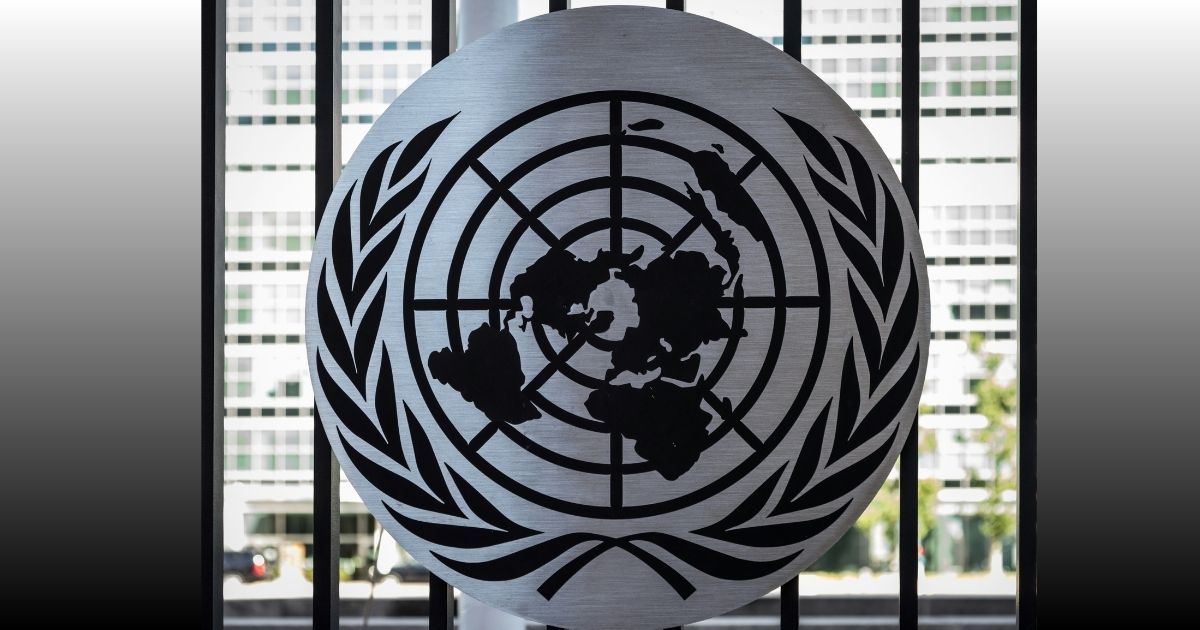During its 80-year existence, the United Nations has had no woman as secretary-general — something some leaders now see as an embarrassing anachronism of female underrepresentation at the very pinnacle of international diplomacy.
With Secretary-General Antonio Guterres set to finish his second five-year term at the end of 2026, a few at this week’s annual U.N. General Assembly were loud in their demands that a woman take the position.
“It is high time for a woman to be chosen as U.N. Secretary-General,” declared Estonia’s President Alar Karis.
“We have to propose ambitious selection criteria, an unambiguously defined schedule, and ensure the increased role of the General Assembly in this process. In the situation of the current credibility crisis of the U.N., we cannot afford to fail in the selection process.”
All nine of those to occupy the top position have been men.
‘LET’S MAKE HISTORY,’ SAYS SLOVENIA’S PRESIDENT
Slovenia’s President Nataša Pirc Musar deplored that just five women had occupied the year-long presidency of the then 193-member General Assembly, including this year.
“By the end of the current session, she should be joined by a Madam Secretary-General-elect,” Pirc Musar said. “Let’s make history,” she added.
The 15-seat Security Council with permanent veto members Britain, China, France, Russia, and the United States makes up an unofficial list in secret and forwards a candidate to be voted on by the General Assembly.
To increase transparency, the General Assembly in 2015 requested its president and that of the Security Council to extend an invitation to U.N. members to submit nominations. It also requested frequent circulation of the names and CVs of candidates among member states.
Mongolia’s President Ukhnaagiin Khürelsükh remarked: “Ensuring gender equality in senior leadership positions within the United Nations will undoubtedly have a positive impact on fostering more transparent, balanced and inclusive decision-making processes.”
The following U.N. Secretary-General will be elected in 2026 to take office on January 1, 2027.
AN IMPORTANT FACTOR IN THE APPOINTMENT IS GEOGRAPHICAL FACTOR
While the post customarily alternates by region, when Guterres, a Portuguese, was elected in 2016, Eastern Europe’s turn was supposed to come next. Latin America follows next on the roster, but some diplomats anticipate candidates from other regions.
“Our region has the diversity, capacity, and experience to be able to raise a strong voice for peace, climate justice, human rights, and sustainable development,” said Dominican Republic President Luis Abinader.
I am fully convinced that the time has come for a woman to take up the post,” said the president of the Spanish-speaking Caribbean nation.
Chilean President Gabriel Boric stated that regional balance had to be maintained in the process of appointment and nominated former Chilean President Michelle Bachelet for the position.
“I have a firm conviction, one that I know is also held by my country, that Michelle Bachelet is someone capable of connecting the North with the South, the East with the West,” Boric explained as Bachelet looked on from the crowd.
Bachelet was the first woman to be head of state in Chile and president of the South American country twice. She was also Chile’s minister for defense and health. Bachelet has also served as executive director of U.N. Women and U.N. High Commissioner for Human Rights.
It’s time that Latin America and the Caribbean are given their turn,” he said, stressing that the region is war-free and full of diplomatic tradition.
International Atomic Energy Agency head Rafael Grossi, who is an Argentinian, has stated he will apply for the position.




